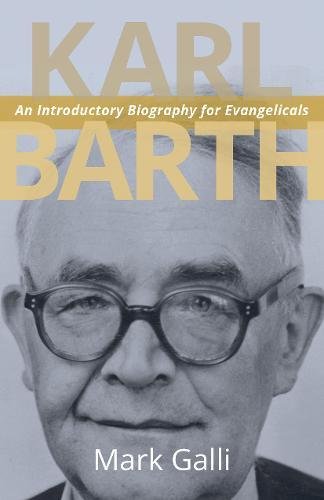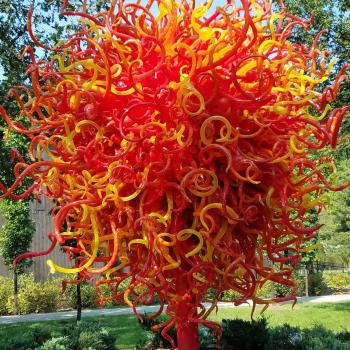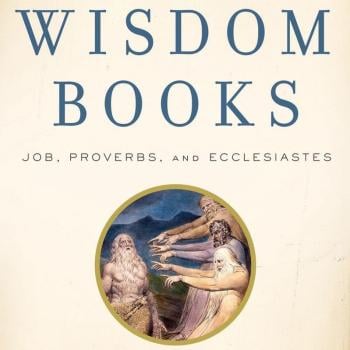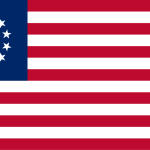Q. “Dogmatics is reflection on the Word of God as revelation, holy Scripture, and Christian preaching…its primary object, therefore, is neither biblical theology, nor church doctrine, nor faith, nor religious awarenesss, but Christian preaching as it is actually given.” P. 64. In other words, dogmatics is not scholars talking to other scholars, but theology in service to God and the church— right? I’m struck by the fact that later dogmaticians didn’t much listen to Barth’s definition and its proper audience.
A. In some ways, it’s easier to talk to other scholars than to try to figure out how theology is to be of service to the church and the pastor. But this was one reason Barth caught on among so many Eurorpean pastors at first—they finally had found a theologian that would help them preach. American pastors are less interested in theology than in rhetoric, so they’ve never been much interested in Barth. They want “effective” and “transformative” preaching, preaching that makes a difference. Sorry to say, they are less interested in truth, or they think truth is easily handled, and the hard thing is communication. Naturally both are important, but I think we’ve got it backwards in America. The thin preaching—which has led to a gospel of moral, therapeutic, deism—is our curse.
Q. When Barth went to Munster he discovered he had a lot more in common with Catholics, who had not trashed orthodoxy, than with liberal Protestants who had discarded the Trinity, the virgin birth etc. I would say this is comparable to the situation today in America where Evangelical Protestants like myself find that my closest colleagues in the guild are ‘evangelical’ Catholic Biblical scholars, not liberal Protestants. What does Barth have to teach us today about out dialogues with and relationship to Catholics?
A. That we should be in conversation with especially those Christians who take Scripture seriously as the Word of God. I’m sorry to say that liberals still try to explain away so much teaching, with everything from “Jesus didn’t really say that” to “that no longer applies today.” Catholics and Orthodox may make wrong turns here and there, but one never doubts the absolutely seriousness with which they approach Scripture on its own terms.
Q. You describe the relationship between Barth and Charlotte von Kirschbaum in a remarkably charitable way, though you allow that it involved at least ‘emotional adultery’. But do we know anything about how Charlotte viewed the relationship and what her contributions were to his theology? What does that tell you about Barth the man?
A. As far as her theological contributions: there is some speculation that she was an influence, but the scholarship on that is still in development. I suspect that his close working relationship with her was based in part on her keen mind and theological interests. It only makes sense that she would influence him.
As far as I can tell, Barth was not happy in his marriage, which was in some sense arranged. He was forced by his father to abandon his first love, who died early in life. Even after Barth was married, he continued to visit her grave. It appears that Barth found real female companionship in von Kirschbaum that he didn’t find at home. Many suspect him of adultery, but his children deny it. I found one explanation of the relationship as “emotional adultery” sufficient to suggest that Barth, while doing so for perfectly understandable reasons, did not live wisely in this respect.















